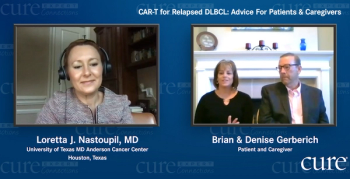
Videos

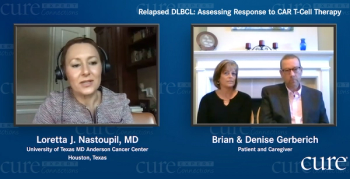
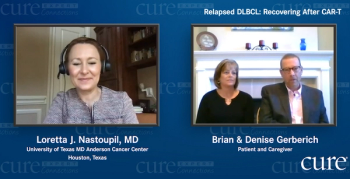
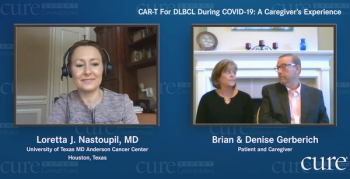
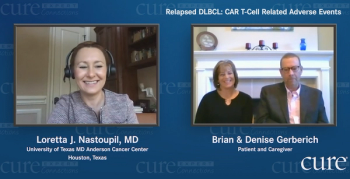
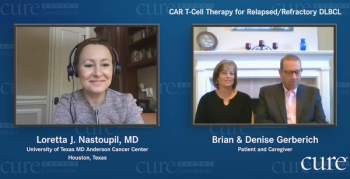
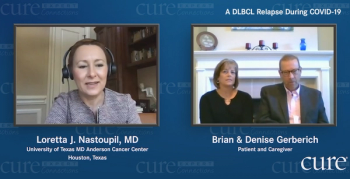
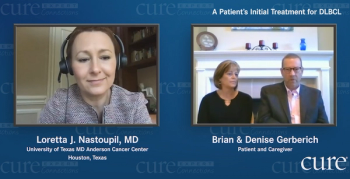
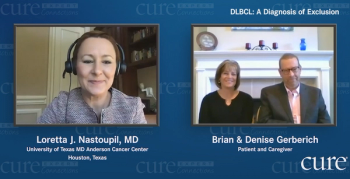


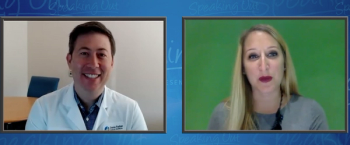

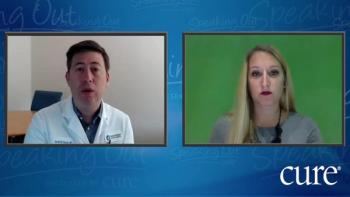

Anxiety is a natural part of the cancer journey, but if it isn't addressed then it can become a major challenge to treatment and recovery.
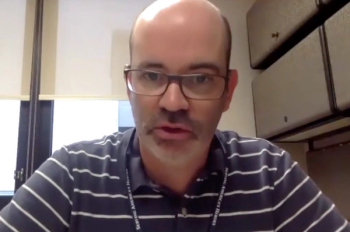
Caregivers for geriatric patients with cancer are vital members of a patient's care and support system, but often don't get the recognition they deserve.

A new report from the Cancer Support Community shows that extra attention is needed from patient providers to address financial toxicity.

In order to create a better treatment landscape for geriatric patients with cancer, patients need to be involved in the process in order to shape personalized interventions.
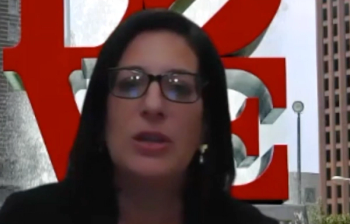
Heather Badt, CSC’s Executive Director of the Research & Training Institute, recently shared her personal perspective as a former patient and caregiver with CURE® and expanded on how those who care for loved ones with cancer often face their own unique challenges and require specialized resources themselves

View our full first breast cancer webinar where an expert panel discusses topics highly relevant to patients, caregivers and advocates right now.
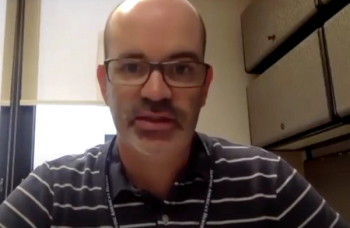
Nutrition is a vital aspect for patients with cancer, and malnutrition is a concern that must be tracked through the cancer journey.
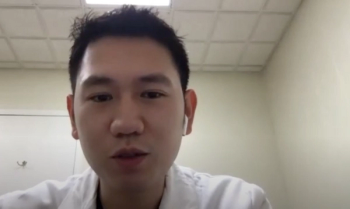
Doctor turned patient with cancer, Dr. Dan Tran, discusses how research and new medicine can help your hang onto hope during the cancer journey.
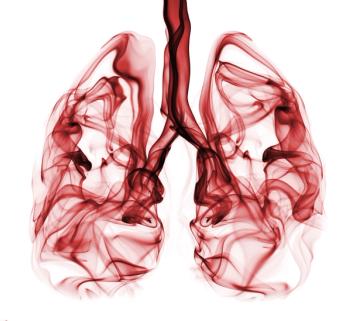
View the full 2020 CURE® Educated Patient® Lung Webinar on lung cancer here!

View the entire CURE® Educated Patient® Leukemia & Lymphoma Summit. A virtual event seeking to educate, inform and challenge the thinking of patients with leukemia and lymphoma.





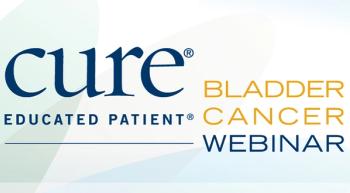
At the CURE® EDUCATED PATIENT® Advanced Bladder Cancer Webinar, experts discussed the role nurses play in care for patients with bladder cancer, new treatments and more.
